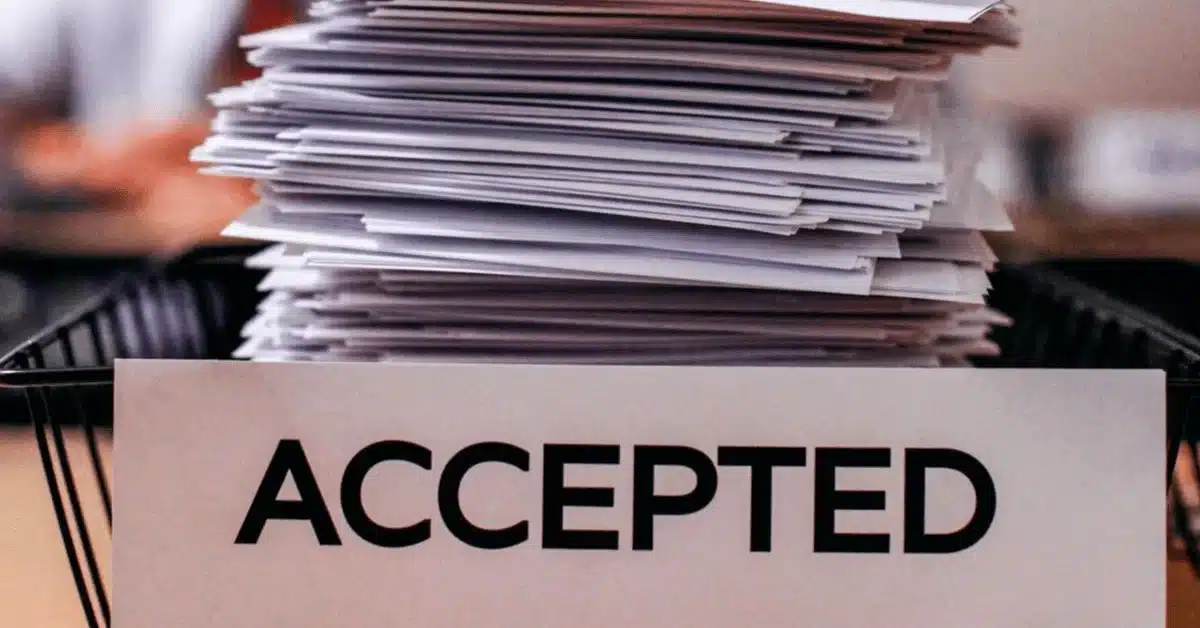To designate guardianship in a will in Australia, you need to first carefully choose a suitable guardian who shares your values and has a good relationship with your child.
It’s best to discuss your decision with them beforehand to ensure they are willing to take on this responsibility.
Then, either create a new will or update your existing one with the help of a will lawyer.
In the will, clearly name your chosen guardian(s) and consider including additional instructions about your preferences for your child’s upbringing.
Remember, the court will always prioritise your child’s best interests, but having a will in place greatly increases the chance that your wishes will be followed.
What is Guardianship?
Guardianship is the legal responsibility granted to a person to care for a minor child (under 18) if their parents are unable to do so.
A guardian has the power to make decisions about the child’s:
- Education
- Healthcare
- Living arrangements
- Religious upbringing
- General well-being
Need a Lawyer?
Why Include Guardianship in a Will?
Including guardianship in a will is essential for several compelling reasons, particularly for parents or those responsible for dependents who are unable to care for themselves.
Here’s why it’s important:
- Ensure Your Children Are Cared For: By designating a guardian in your will, you ensure that your children or dependents are taken care of by someone you trust in the event of your death. It’s the most direct way to communicate your wishes regarding who should look after them.
- Prevent Legal Uncertainty: Without a designated guardian in your will, the courts will decide who gets guardianship of your dependents. This process can be lengthy, stressful, and may not align with your preferences or the best interests of the children.
- Minimize Family Conflicts: Clearly stating your choice for guardianship can help prevent potential conflicts among family members who might have differing opinions on who should take care of the children.
- Protect the Future of Your Dependents: A guardian does more than just look after the day-to-day well-being of your dependents; they also make important decisions about education, health care, and moral upbringing in line with your values and wishes.
- Provide Peace of Mind: Knowing that you have appointed a guardian for your children or dependents can give you peace of mind, knowing that they will be cared for and loved even in your absence.
- Comprehensive Planning: Including guardianship in your will allows you to make comprehensive arrangements for your dependents, including financial planning, to ensure their needs are met.
- Flexibility and Control: You have the flexibility to choose a guardian who aligns with your parenting philosophies and lifestyle, giving you control over your children’s future upbringing.
- Address Specific Needs: If your child or dependent has special needs, appointing a guardian in your will ensures that someone with the necessary understanding, patience, and capability is entrusted with their care.
Incorporating guardianship into your will is a fundamental step in a comprehensive estate plan, especially for those with young children or dependents.
It’s a measure that safeguards their well-being and honours your responsibilities as a parent or caregiver, ensuring your wishes are respected and followed.
Also read: Who Can See a Will Before Death Australia
What Happens If the Designated Guardian Declines the Role After My Passing?
If your designated guardian in your Will declines the role after your passing, the situation becomes more complex.
If you have named alternate guardians in your Will, the court will likely appoint the next suitable person you’ve listed.
Without alternate guardians, the court will begin a process of determining the best guardian. They’ll consult with close family members to see if someone is willing and appropriate.
If no suitable family members step forward, the court will make a decision solely based on the child’s best interests, potentially appointing a professional guardian or the Public Trustee.
To avoid uncertainty, always discuss your choices with your designated guardian(s) beforehand, name multiple alternates in your Will, and update your Will regularly as your life circumstances change.
Also read: Can a Stranger Be a Witness to My Will?
How Do I Address Potential Conflicts Between the Guardian and Trustees?
Anticipating potential conflicts between the guardian, who cares for your child’s well-being, and the trustee(s), who manage your child’s financial assets, can create a smoother path for your beneficiaries. Here are some ways to address these potential issues:
- Clearly outline the duties and limitations of each party in your Will. The guardian should focus on the child’s daily needs and upbringing, while the trustee manages the finances according to the trust terms, ensuring long-term security.
- Encourage open communication between the guardian and trustees. They should keep each other informed about relevant decisions that might impact the child’s well-being or finances.
- Consider appointing a neutral third party as a trustee, someone outside the family dynamic, to manage finances objectively. This can minimize potential biases or disagreements between the guardian and family members who might benefit from the trust.
- Include a dispute resolution clause within your Will. This can outline a process for mediation or arbitration if disagreements arise between the guardian and trustees.
- Schedule regular reviews of your Will, especially as your child grows and their needs evolve. This allows you to adapt the roles and responsibilities as needed and ensure the plan continues to serve your child’s best interests.
By taking these steps, you can promote collaboration and minimize conflicts, ensuring both the well-being and financial security of your child.
Helping a Client Secure Guardianship for Her Children with Autism
A concerned mother, our client, wanted to ensure the best possible future for her two children, both diagnosed with autism. Her deepest wish was to designate her sister as their guardian in case of her unforeseen passing. Realising the importance of careful planning for children with special needs, she sought our legal expertise to navigate the process.
We guided her through crafting a comprehensive Will with the following key elements:
- The Will explicitly named her sister as the primary guardian, along with alternate choices should her sister become unable to fulfill the role.
- We collaborated with the client to outline specific care preferences for her children, including their routines, therapies, educational needs, and medical preferences.
- Trusts were established to manage the children’s inheritance, with the designated trustee instructed to prioritize their specialized needs.
- We emphasized the importance of updating the Will regularly to reflect changes in the children’s circumstances or the family dynamic.
By addressing these aspects, we helped provide our client with peace of mind, knowing her children’s well-being was secured to the best of her ability.
How to Designate Guardianship in a Will?
Are you worried about what would happen to your children in your absence? Crafting a thoughtful Will is crucial for ensuring their well-being. Don’t leave their guardianship to chance. Walker Pender can help you navigate the process of designating the right guardians and creating a comprehensive plan to protect your children.
Contact us today for peace of mind – let’s secure your children’s future together.




